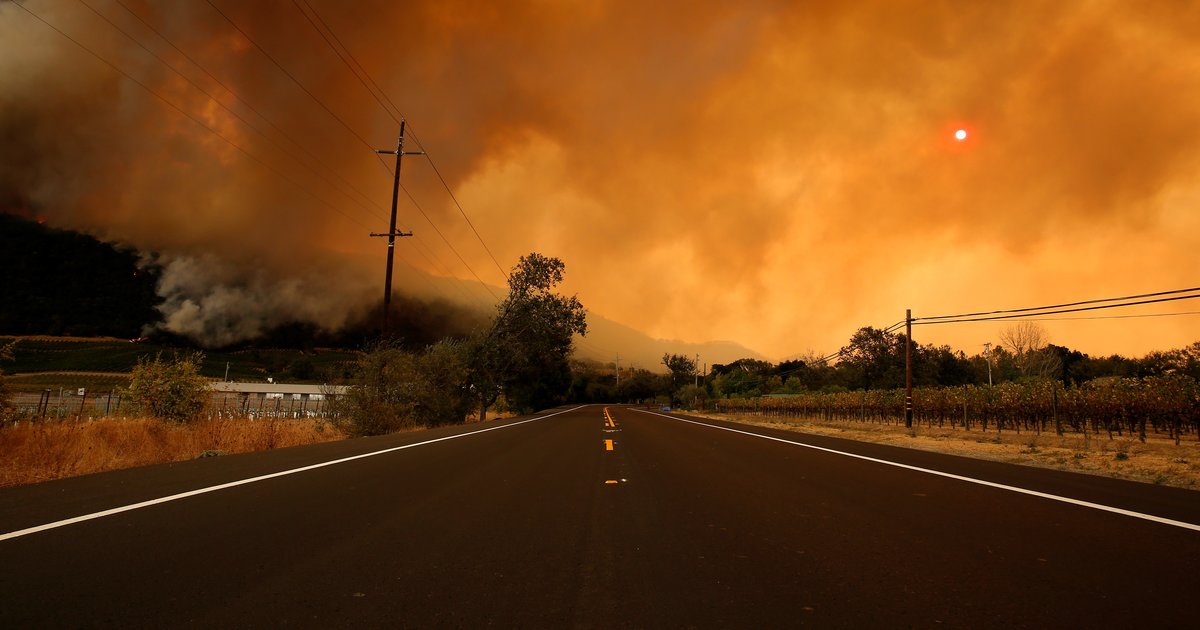
E-cigarettes appear to trigger unique immune responses as well as the same ones that cigarettes trigger that can lead to lung disease, according to a new research.

Psilocybin makes a brain circuit involved in depression break down and reform anew.

Canadian experts say new research on ‘grim’ health crisis highlights need for action, including ad restrictions and better food access

A study conducted at the Max Planck Institute for Human Development has investigated the relationship between the availability of nature near city dwellers' homes and their brain health.

Health experts warn of the effects of the fine-particulate pollution generated by wildfires, which are worsening in part due to climate change.

A new study has produced an antibody that's able to kill off 99 percent of HIV strains. It is said to be more effective than any naturally occurring antibody that's been discovered.

Researchers have developed a mobile test using technology found in smartphones, and it could provide doctors and carers with a virtually instantaneous way of diagnosing someone with HIV.

Around 4.5 billion people throughout the world are currently exposed to levels of particulate air pollution at least twice the levels the WHO considers safe.

Researchers say a combination of new treatments can stop the world's deadliest form of skin cancer—melanoma.

Canadian and Swedish researchers found that Bisphenol A is introduced into the body when handling register receipts from stores.

Major new report finds strong evidence of links between lifestyle and cancer risk. Physical activity and whole grains lowers risk of a specific cancer; too much alcohol and red meat, processed meats and obesity increase the risk.

Putting cell phone in the pockets or hang on a belt is recently proposed to be the cause of infertility, especially in the males

The findings attribute more than 59,000 suicides in India to rising temperatures since 1980.

A diet that includes a moderate intake of fat and fruits and vegetables, and avoidance of high carbohydrates, is associated with lower risk of death, research with more than 135,000 people across five continents has shown.

Social isolation may represent a greater public health hazard than obesity, and their impact has been growing and will continue to grow, according to US researches.